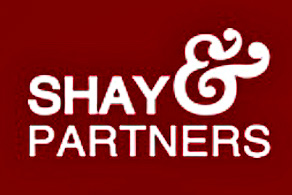
- Artist : Mr. Chau-yih Yu
The National Communications Commission (NCC) has announced plans to screen the Internet Protocol (IP) peering fees annually rather than biennially, in order to settle the dispute regarding the calculation of such fees payable by Taiwan Fixed Network (TFN) to Chunghwa Telecom (for further details please see “NCC to Arbitrate on Dispute over Internet Protocol Peering Fees”). With respect to the controversy, the NCC emphasized that any commercial disputes should be settled in certain ways without undermining the interests of consumers. If the parties cannot agree on acceptable terms, the NCC may require Chunghwa Telecom to cut the peering fees payable by fixed network operators.
Since the beginning of the dispute in March 2009, the NCC has been examining whether Chunghwa Telecom and TFN are in violation of Article 26(1) – concerning the abuse of dominant market power – and Article 27 or Article 65 of the Telecommunications Act. According to NCC spokesman Lee Ta-song, the final investigation report revealed that neither operator had violated any law or regulation. The report indicated that Chunghwa Telecom collected interconnection fees following the standards set by the NCC and that TFN had not lowered its service quality. Although no substantial harm has been suffered by consumers over the period of this dispute, the NCC orally warned both firms against a recurrence of such undesirable situations.
The NCC has asked Chunghwa Telecom to submit a new wholesale price of IP peering fees for its review and will screen the fee collecting standard every year. The core principle at stake is that the unit price for high traffic volume must not exceed the unit price for low traffic volume. However, according to a senior official at the NCC, it will not be possible to apply this new pricing scheme retroactively to previously disputed fees.

